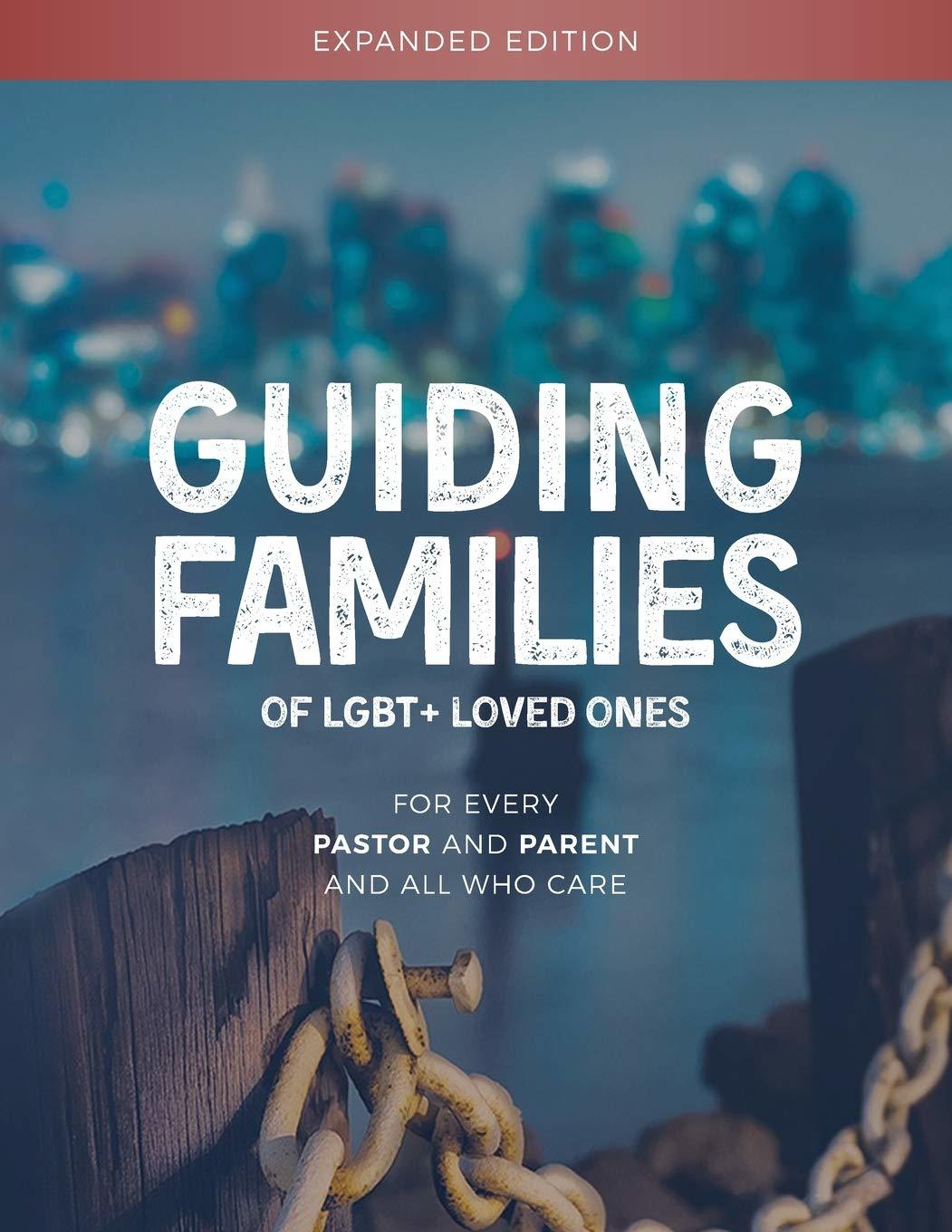What if My Loved One is LGBTQ?
- Learning that your loved one experiences or identifies as non-traditional sexual orientation or gender identity can be hard. This reality touches us on two levels:
- Level 1: What does this reality mean for my loved one?
-
- How will this affect their relationship with God?
- How will this affect their relationship with the community?
- How will this affect their relationship with our family? What should our interaction look like?
- What does the future look like?
-
- Level 2: What does this reality mean for me?
- Level 1: What does this reality mean for my loved one?
- Learning your loved one is LGBTQ may trigger a variety of emotions, but often they are experiences similar to the stages of grief. Some areas of grief you may experience are:
- Loss of normalcy.
- Loss of ideals.
- Loss of dreams.
- Loss of relationship.
Listen. Understand, to the best of your ability, the circumstances and situation that surrounds your LBGTQ loved one. Each person’s experience is unique. Be wary of jumping to conclusions. Instead, be curious about their experience and honor them by listening.
Maintain relationship. Seeking to stay connected with your LGBTQ loved one is very important. Demonstrate grace. Too often family members feel that they need to reject their loved one for fear that they will be condoning the person’s behavior or choices if they accept them. After the example of Jesus, receive people. Reception does not mean agreement. Reception is when we say, “I see you”, “I love you”, “I am willing to walk with you.”
Maintain truth. Jesus never sacrificed truth when he received people. It is important to maintain biblical grounded beliefs. It is okay to disagree with your LGBTQ loved one. It is okay to challenge your loved one with truth in love.
Learn. You are not the first person to walk this path… even if it feels like you are all alone. Obtain information (see below) on walking alongside your LGBTQ loved one as you lean on your faith.
Get Support. Seek counsel and guidance from your elder or ministers and some close confidants. They can help you navigate the strong emotions and questions that may arise.
What can you do? Your loved one is very likely struggling with their identity. They may be defining themselves primarily according to their struggle.
- Try not to view them in the same way. This is not helpful. Instead, take God’s view. See them as a beloved creation. Remind them they can choose that identification and are not subject to circumstances defining them.
- Support them by helping them develop an ‘anchor group’ of people that can provide support, mentoring, encouragement, and community.
- Help them find a good counselor who can help them find congruence with their beliefs and values.
A great many voices speak into the issues surrounding LGBTQ. Each one attempts to make sense of experience in light of truth as they see it. Apostolic Christian Counseling and Family Services is no different. We engage this topic believing that God is the Creator, and each human has been created in his image and for his glory. We understand the Bible to be God’s Word and our source of truth. We believe in the historic Christian view of marriage as the covenanted union between one man and one woman. We believe each of us has been touched by the brokenness of this world, and yet, God works in our broken circumstances to align our hearts to his.
For Further Information
 Guiding Families of LGBT+ Loved Ones: Expanded Edition
Guiding Families of LGBT+ Loved Ones: Expanded Edition ![]()
Author: Bill Henson and Posture Shift
This handbook is a great place to start for individuals who have an LGBT+ loved one. It is often a go-to resource recommended by ACCFS for parents who have a child come out. They also have an abridged version of this guide called the Essentials Edition.
 When Homosexuality Hits Home: What to Do When a Loved One Says, “I’m Gay”
When Homosexuality Hits Home: What to Do When a Loved One Says, “I’m Gay” ![]()
Author: Joe Dallas
This 224-page book is written for family members of individuals dealing with homosexuality. It provides a solidly biblical perspective that is both compassionate and practical. The author provides helpful principles to assist the family members navigate relationship challenges and opportunities.
Support Ministry
Posture Shift is a leading training and consulting resource for church and ministry leaders on LGBT+ inclusion and care. Their mission is loving LGBT+ people in the church enhancing church inclusion, increasing family acceptance, protecting against victimization, and nourishing faith identity in LGBT+ lives.





Comments
Leave a Comment